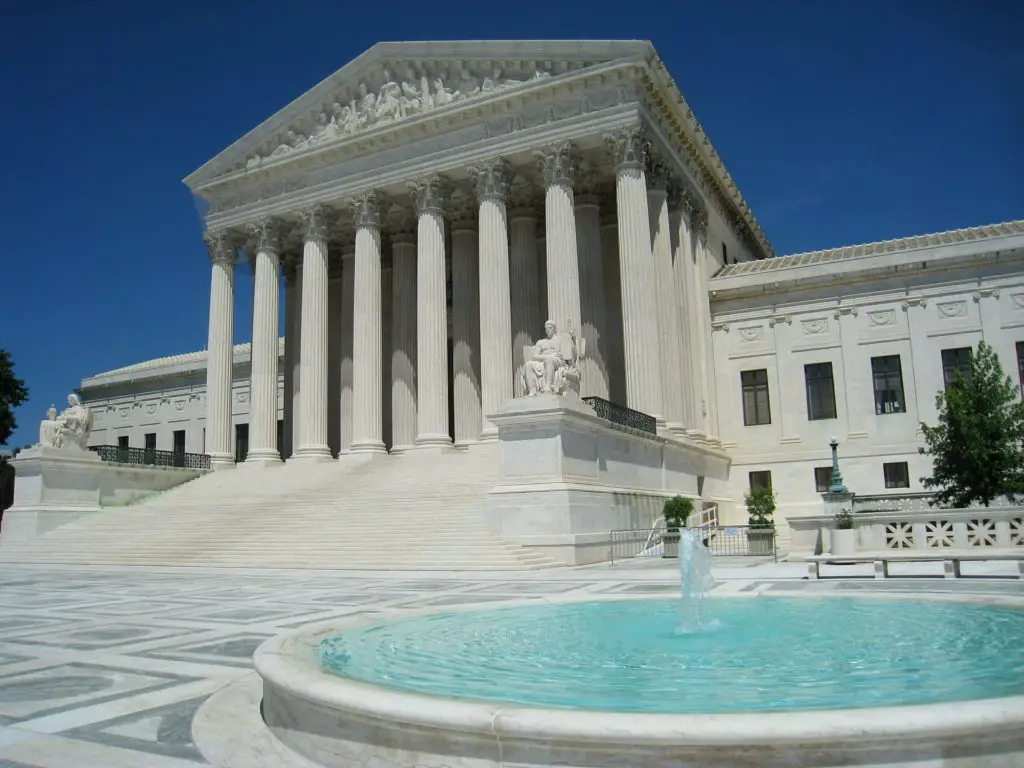An atheist group submitted a brief to the Supreme Court in support of a Christian student’s lawsuit against his college after he was prevented from expressing his religious beliefs on public grounds.
The case goes back four years, when Georgia Gwinnett College students Chike Uzuegbunam and Joseph Bradford were distributing religious flyers at the public grounds of their college. They were stopped by a school official, stating that they needed “advance permission” and that they can only speak freely at certain designated zones.
Uzuegbunam complied with these conditions, but when he spoke again, he was stopped by patrolling police officers. Officers took his ID and threatened that he would face discipline if he continued to share his faith publicly. Uzuegbunam was silenced and his companion did not even speak anymore.
The conservative group Alliance Defending Freedom (ADF) represented the students when they filed a case in 2016. They argued that the students’ constitutional rights were violated. The college eventually changed its policies so the lower courts decided not to address the Constitutional violations anymore. This prompted the ADF to elevate the case to the higher courts.
United to Protect Constitutional Rights
The case has drawn interest from various civil rights and religious groups. The atheist group American Humanist Association (AHA) filed an “amicus brief” to the Supreme Court. Amicus literally translates to “friend of the court” which means the writers are not direct litigants. The brief is an opinion or insight which writers feel is relevant to the case.
AHA has an interest in the case because they believe in the separation of church and state. If the high court upholds that there should be no nominal damages for Georgia Gwinnett, it can encourage other institutions to “experiment on our liberties.” AHA stated that the liberties of the First Amendment are absolute and that such rights are meaningless if they cannot be vindicated.
The AHA admits that they are on “opposite ends of the spectrum” with the ADF, a conservative organization. However, the AHA supports the individuals’ right to practice their religious freedom, whatever it may be.
Other religious groups like the Jewish Coalition and Catholic Vote.org have also submitted amicus briefs.

